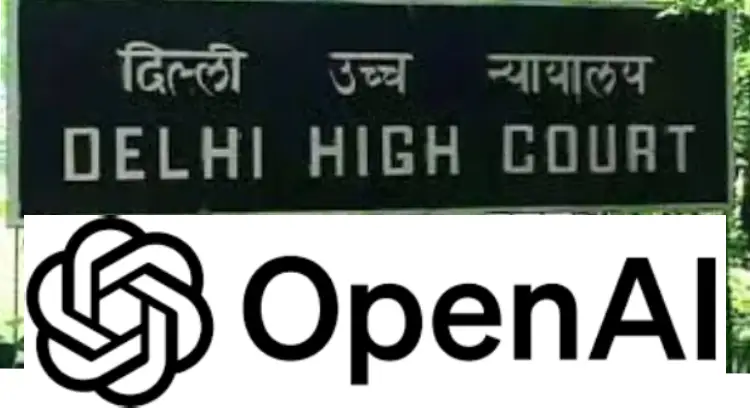In a significant legal development, the Delhi High Court has directed OpenAI to respond to a lawsuit filed by Asian News International (ANI), alleging unauthorized use of its content to train the AI model, ChatGPT. This case has garnered further attention as prominent members of the Indian Music Industry (IMI), including major labels like T-Series, Saregama, and Sony, seek to intervene, citing concerns over potential misuse of their copyrighted materials.
ANI, a leading Indian news agency, initiated legal action against OpenAI in November 2024, accusing the AI research organization of utilizing its proprietary news content without authorization for training ChatGPT. ANI contends that both publicly accessible and subscription-based content have been exploited, infringing upon their intellectual property rights. Additionally, ANI claims that ChatGPT has generated fabricated news stories attributed to their agency, potentially damaging their reputation.
The lawsuit’s scope expanded when the IMI, representing top Bollywood music labels, filed an application to intervene in the ongoing case. The IMI alleges that OpenAI and similar AI systems have extracted lyrics, musical compositions, and sound recordings from the internet without proper licensing, thereby violating their copyrights. This move underscores the growing concerns within India’s entertainment sector regarding the unauthorized use of creative works for AI training purposes.
During a recent hearing, Justice Amit Bansal addressed the IMI’s application, emphasizing the need to prevent the indefinite expansion of the lawsuit’s scope. He suggested that affected parties should consider filing individual suits, noting, “We can’t keep expanding the scope of the suit; you can file your own suit. Hundreds of industries may be affected by it.” The court has scheduled the next hearing for February 21, 2025, to deliberate further on the matter.
In its defense, OpenAI has asserted that it does not utilize content from Indian media groups to train ChatGPT, maintaining that its AI models are developed using publicly available data in compliance with fair use principles. The organization has also raised jurisdictional objections, arguing that, as a U.S.-based entity with servers located outside India, it is not subject to Indian legal proceedings. However, legal experts contend that Indian courts may assert jurisdiction if the services in question are accessible and have a substantial user base within the country.
This case represents a landmark moment in India’s legal landscape, as it addresses the complex intersection of artificial intelligence and copyright law. The outcome could set significant precedents for how AI models are trained using copyrighted content and the extent to which international AI organizations must comply with Indian intellectual property laws. The involvement of major media and entertainment entities further amplifies the case’s potential impact on the protection of creative works in the digital age.
As the Delhi High Court continues to examine the allegations against OpenAI, the case underscores the pressing need for clear legal frameworks governing the use of copyrighted material in AI development. The forthcoming hearings are poised to influence the future of AI innovation and intellectual property rights in India, potentially reshaping the responsibilities of AI developers in respecting and licensing creative content.
Key Highlights:
- The Delhi High Court has directed OpenAI to respond to ANI’s lawsuit alleging unauthorized use of its content for AI training.
- The Indian Music Industry seeks to intervene, citing concerns over potential misuse of their copyrighted materials.
- OpenAI disputes the allegations, asserting compliance with fair use principles and challenging the court’s jurisdiction.
- The case could set significant precedents for AI development and copyright law in India.


